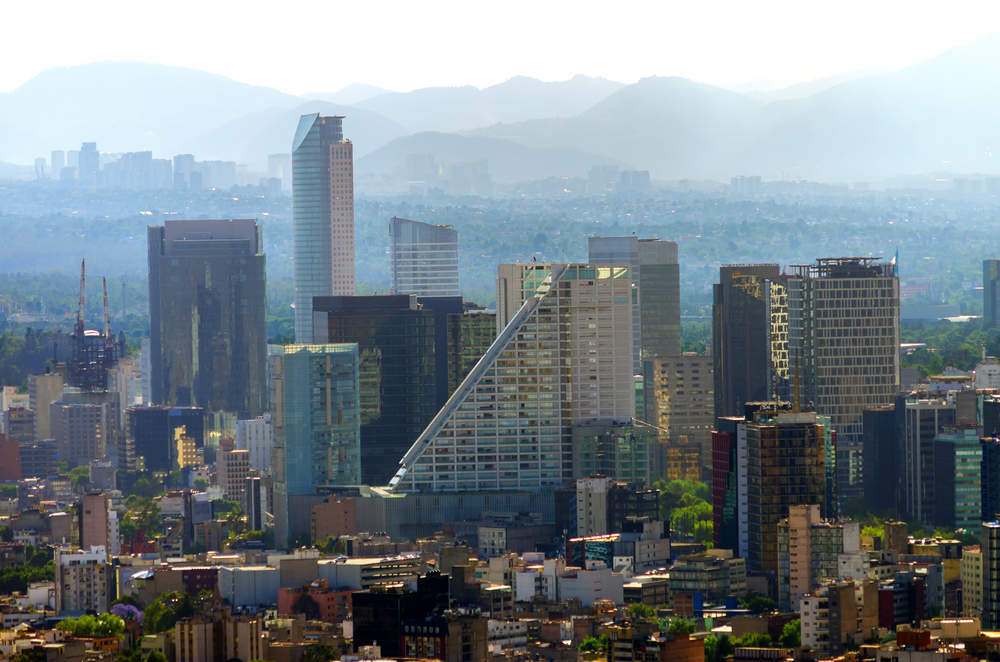Mexico is the latest country hoping to cash in on undeclared offshore assets through a generous tax amnesty — with the domestic wealth industry set to benefit.
The amnesty, designed to incentivise the repatriation of funds kept abroad by Mexican taxpayers, will be open until mid-2017.
Participants will be required to pay eight percent tax on all repatriated funds, which will have to be invested in Mexico for at least two years.
Admittedly, the timing seems odd.
The amnesty came into effect just before Mexico joins 53 early adopter countries in automatically sharing financial information as part of the OECD’s Common Reporting Standard (CRS) in March 2017.
And the eight percent levied under the scheme seems negligible compared to Mexico’s 35 percent top tax rate plus the fines that would apply if any dubious funds were detected as part of the OECD’s automatic exchange of information.
How well do you really know your competitors?
Access the most comprehensive Company Profiles on the market, powered by GlobalData. Save hours of research. Gain competitive edge.

Thank you!
Your download email will arrive shortly
Not ready to buy yet? Download a free sample
We are confident about the unique quality of our Company Profiles. However, we want you to make the most beneficial decision for your business, so we offer a free sample that you can download by submitting the below form
By GlobalDataYet one of the few countries not part of the CRS is Mexico’s big neighbour to the north.
The US flow
The US is the biggest offshore destination worldwide, and is also a preferred destination among Mexican immigrants, suggesting that money flows (illicit or otherwise) are likely to be substantial.
The US’s FATCA standard is already in place, but while reciprocal in the case of Mexico it has ultimately been designed to provide the US with information on offshore holdings of US citizens.
In addition, it is unlikely that tax revenue is the Mexican government’s only aim.
Funds repatriated as part of the amnesty have to be invested in Mexico for at least two years. This may be for the acquisition of fixed assets that are deductible for income tax purposes and used in the taxpayer’s income-generating activities, for example, or the acquisition of land or constructions located in Mexico.
In any case, as fears are mounting that US president Donald Trump’s protectionist agenda will wreck Mexico’s industrial sector, the government will welcome any funds returning home to stimulate the local economy.
Meanwhile Mexicans with investment or business interests in the US may now be more interested in repatriating funds, worrying about the future of their wealth in a country that has made noises about taxing remittances.
At any rate, money returning to Mexico is also good news for local wealth managers.







